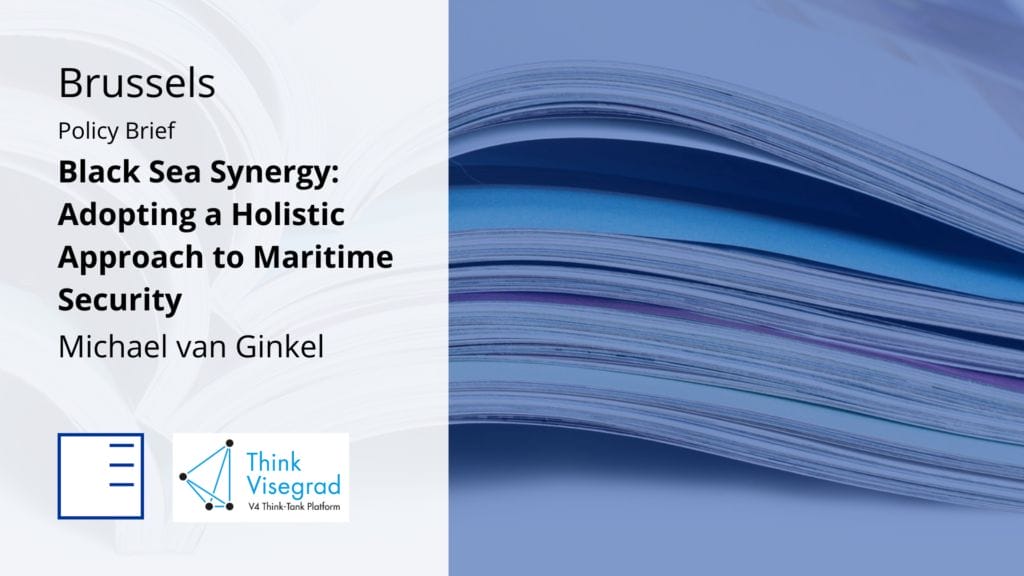Policy Brief: Black Sea Synergy: Adopting a Holistic Approach to Maritime Security

Black Sea Synergy projects can contribute to improving maritime security both indirectly and directly. Addressing underlying drivers of non- traditional threats, like poor coastal welfare and weak rule of law, weakens support for illicit operations. The cooperative, bottom-up approach favored by Black Sea Synergy complements other EU regional efforts, as well as the harder security driven initiatives implemented by NATO. By emphasizing this holistic approach to maritime security in the Black Sea, resilience to malign influence campaigns can be further enhanced in coastal territories. Adopting a macro-level maritime security strategy for the Black Sea and better integrating the Black Sea Synergy into the overall EU MSS could increase efficiency in resource allocation and could allow policy-makers to more readily develop sustainable solutions to both non- traditional and traditional maritime threats.
This policy paper was produced within the Think Visegrad in Brussels Fellowship programme
The whole article is available under the PDF button.

